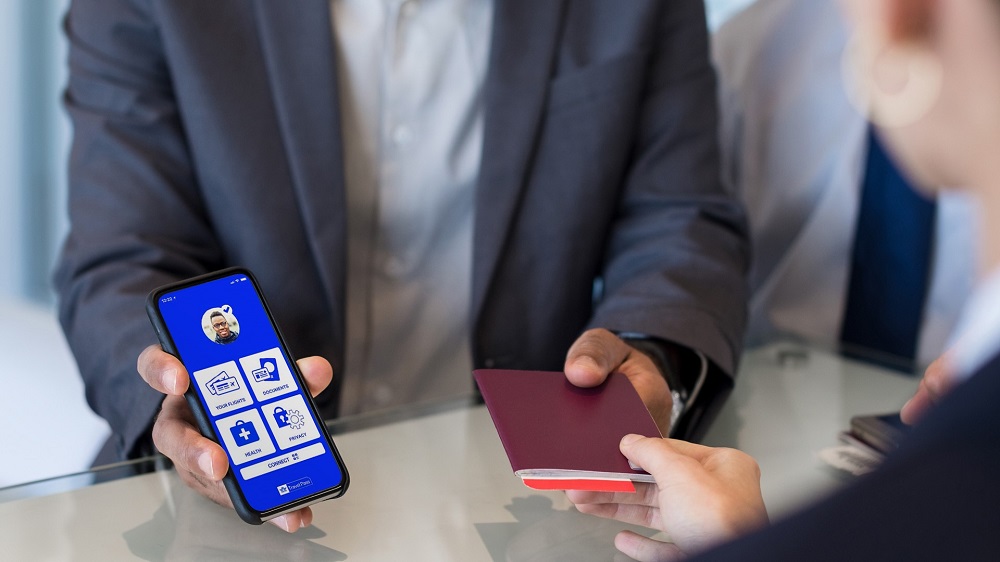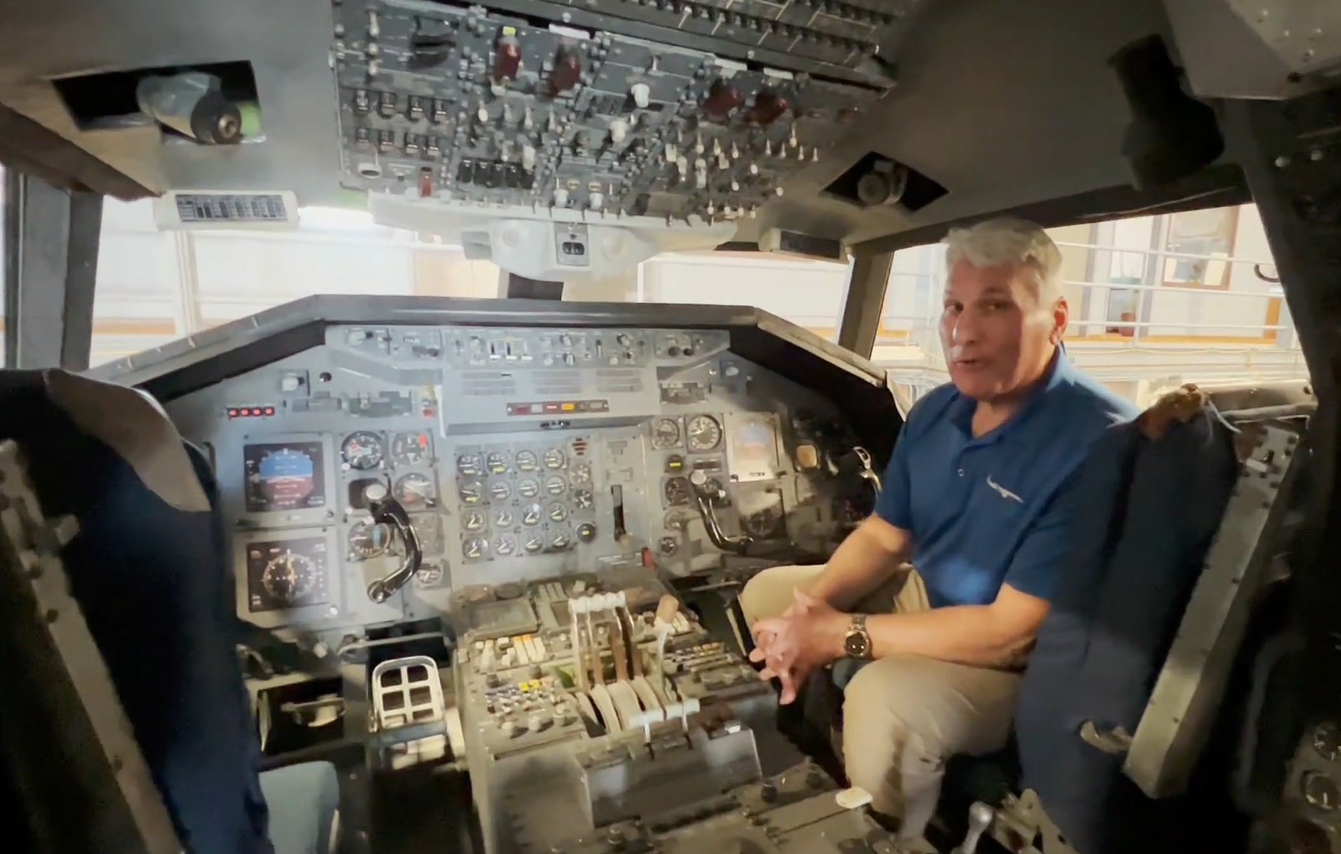International travel closer as IATA app passes crucial test
17 March, 2021
4 min read


The International Air Transport Association’s Travel Pass health app has passed a crucial test with the first international travelers to use it arriving at London’s Heathrow Airport Wednesday.
The IATA pass is one of several apps being tested to help travelers manage their health credentials and the requirements various jurisdictions will place on international visitors.
They replace the yellow paper booklets that served as vaccination records for years but are now not seen as secure amid fears counterfeit versions could be sold by criminals.
The new apps and the standardization of test and vaccination certificates are key, along with vaccines, to the resumption of international travel.
READ: Qatar Airways five years to Sydney
READ: Premium economy bungle has cost airlines billions.
The intention is that they will eventually see an end to quarantine restrictions that act as a massive disincentive for people to travel outside their own countries.
IATA says there will be no significant restart in international travel until quarantine restrictions are lifted.
The test involved passengers on a Singapore Airlines flight who used the app to create a secure digital version of their passport on their mobile device.
Entering their flight details allowed them to access the reveal restrictions and requirements at their destination as well as receive verified COVID test results and a confirmation they meet all travel requirements.
Other airlines to announce they are trialing the IATA app include Thai, Qatar, All Nippon Airways, Air New Zealand, Malaysia Airlines, Air New Zealand and Qantas.
IATA director general Alexandre de Juniac said the significance of the successful test to the re-start of international aviation could not be overstated.
He said the real-life proof of concept should give all governments confidence that the industry had a workable digital solution that would ease the pressure of incorporating health certificate checks into the travel process, including at borders.
“Today’s success is a big win for many parties,’’ he said.
“It gives travelers a one-stop-shop to help them comply with the new rules for travel. It shows that governments can efficiently manage these travel requirements with complete confidence in the identity of the passenger and the veracity of the travel credentials — importantly, avoiding long queues.
“And it’s a purpose-built means for airlines to manage the new travel requirements without drowning in inefficient and ineffective paper processes.”
One issue still to be addressed is the standardization of vaccine and test results and their acceptance by authorities.
The industry wants to see a global standard and its research indicates nine out of 10 passengers support that notion.
The UN-based International Civil Aviation Organization Council’s Aviation Recovery Task Force (CART) recently approved a globally recommended technology framework for securely creating digital versions of COVID test certificates as well as the future incorporation of vaccination certificates.
Describing the recommendations as “a crucial piece of work by states and aviation stakeholders,” de Juniac said they moved the industry a step closer to standardization.
“This should encourage governments to accept digital certificates,’’ he said.
“But we still need the global standards being worked on by WHO and OECD. With millions of vaccines already being distributed and the EU committed to its Green Pass, you could say this already is late in coming.”
Meanwhile, IATA has postponed its annual meeting until October.
The event will still be hosted in Boston by US carrier JetBlue but has been moved from late June to October 3-5.
“We believe that it is vital to do all we can to meet as an industry face to face. Doing so will affirm that airlines can safely connect the world, demonstrate our industry’s resilience, and confirm the inestimable value of in-person meetings, facilitated by aviation,” de Juniac said.
Next Article
2 min read
Qantas triples profit but misses mark

Get the latest news and updates straight to your inbox
No spam, no hassle, no fuss, just airline news direct to you.
By joining our newsletter, you agree to our Privacy Policy
Find us on social media
Comments
No comments yet, be the first to write one.
